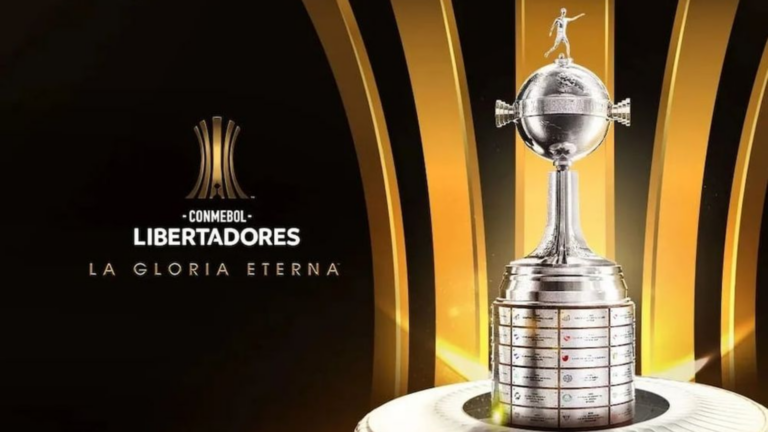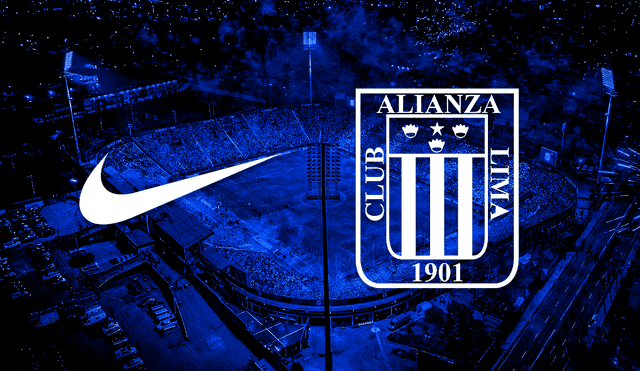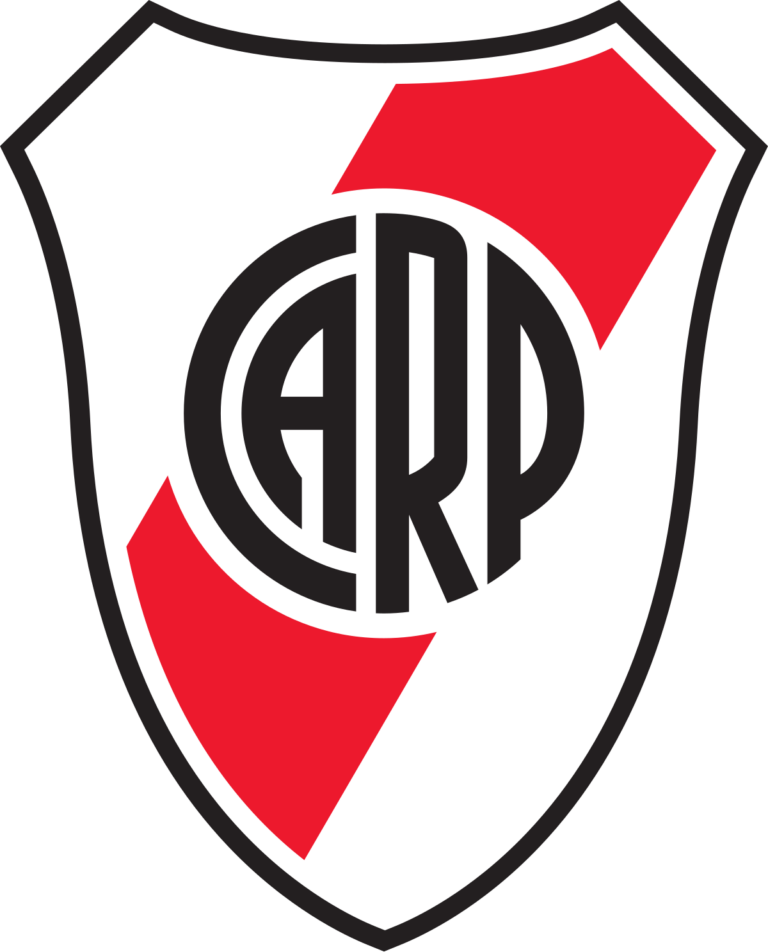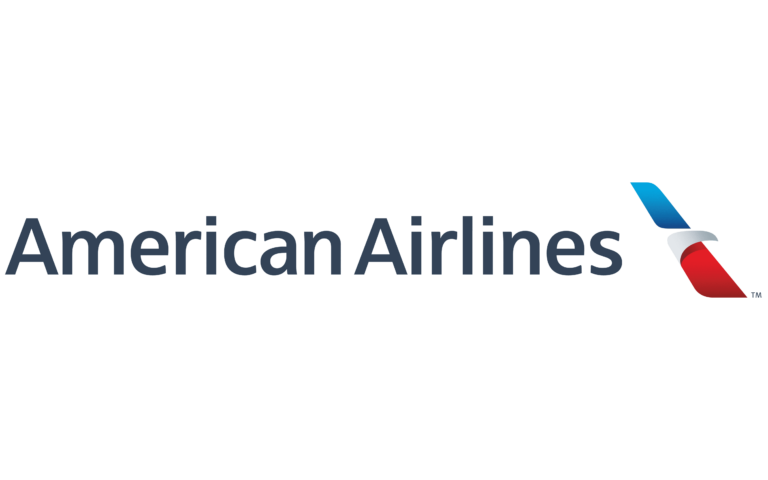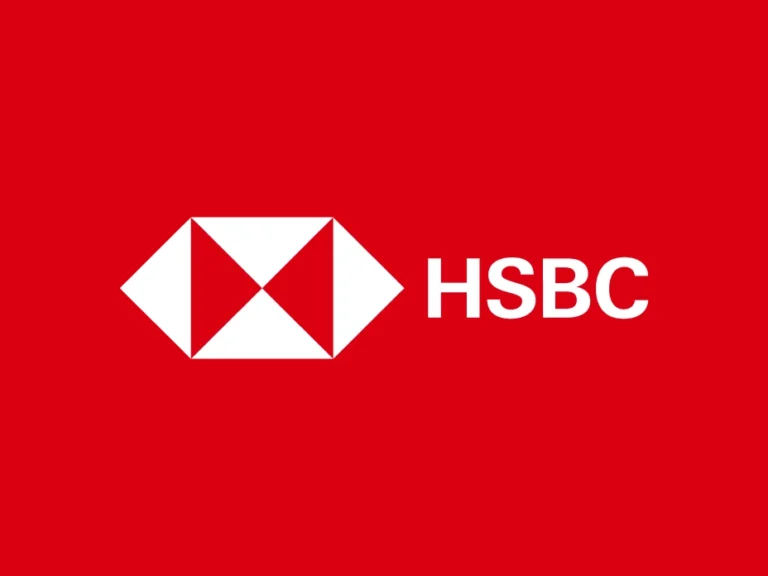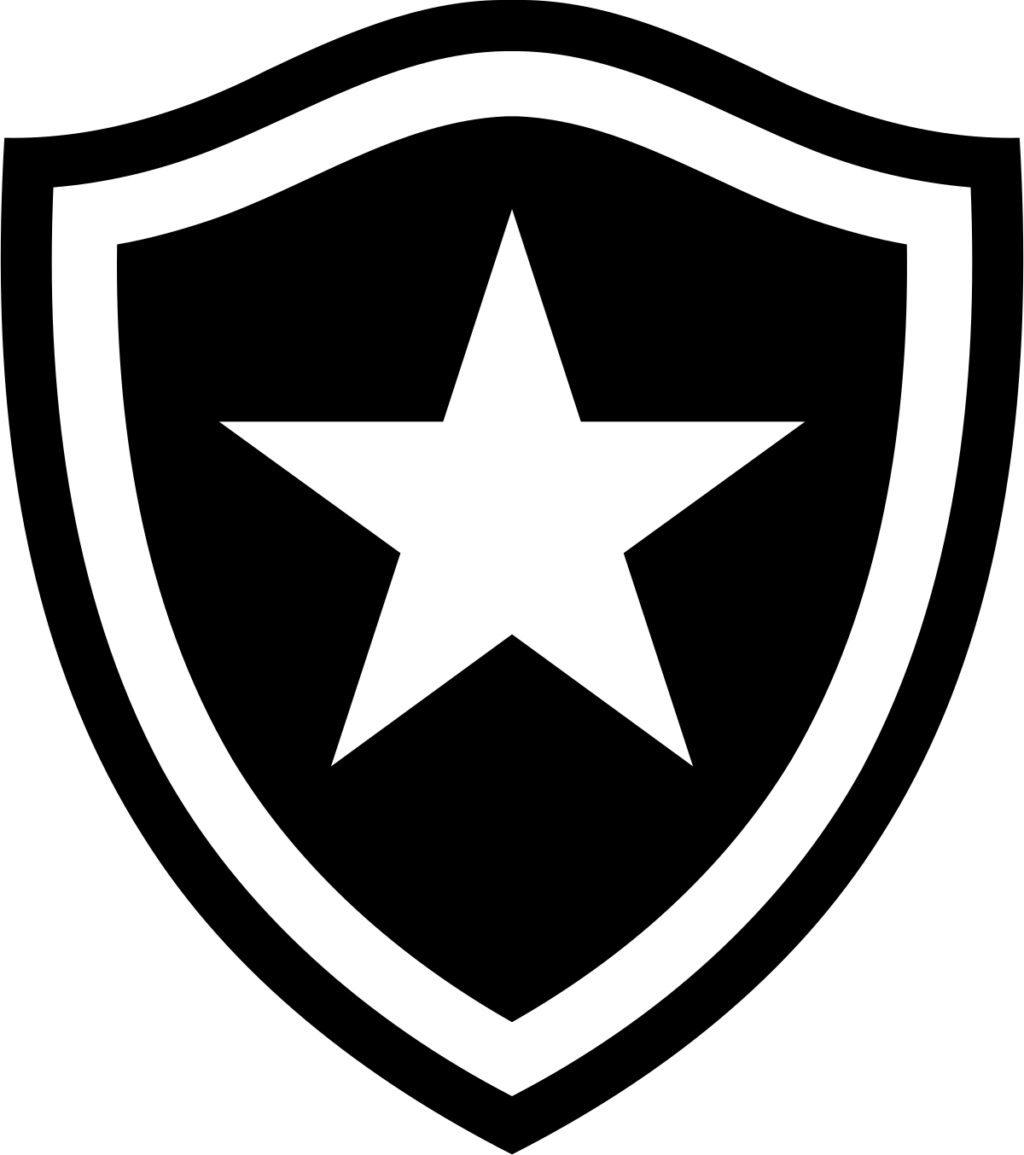
Rio de Janeiro, Brazil—March 27, 2025—Botafogo launch their 2025 Copa Libertadores campaign as reigning champions, a title they seized in November 2024 with a 2-1 victory over Palmeiras in Montevideo. Now, the Fogão face Group A—Estudiantes de La Plata, Universidad de Chile, and Venezuela’s Carabobo FC—with the weight of expectation on their shoulders. The group stage starts April 1, and Botafogo open at home against Universidad de Chile on April 2. It’s their first defense of the crown since 1963, and Brazil’s six-year grip on the trophy adds pressure to perform.
The 2024 triumph capped a breakout year for Botafogo under Artur Jorge. After decades of near-misses, they clinched the Série A title and the Libertadores in the same season—a feat only Palmeiras (1999) and Santos (1962-63) have matched in Brazilian history. Thiago Almada, the Atlanta United transfer who scored the opener in the final, leads a squad bolstered by Júnior Santos and goalkeeper John Victor. Owner John Textor’s investment has paid off, but repeating as champions is no small task. Group A offers a mix of pedigree and unpredictability.
Botafogo’s schedule begins with two home games—Universidad de Chile on April 2 and Carabobo on April 23—before a trip to Estudiantes on May 7. The return legs flip in May: Estudiantes at home (May 14), Carabobo away (May 21), and Universidad de Chile in Santiago (May 28). Jorge, speaking to reporters this week, kept his focus narrow: “We respect every team. The title’s behind us—now it’s about the next step.”
Estudiantes de La Plata: Argentine Tradition
Estudiantes, Argentina’s 2024 Copa de la Liga winners, bring a storied history to Group A. They’ve lifted the Libertadores four times (1968-70, 2009), and their last deep run came in 2024—a quarterfinal exit to Botafogo’s eventual victims, Palmeiras. Coach Eduardo Domínguez favors a 4-4-2, leaning on midfielder José Sosa and forward Mauro Méndez. The Estadio Jorge Luis Hirschi in La Plata holds 30,000 and hums with intensity.
Botafogo haven’t faced Estudiantes since 2017, when they lost 1-0 in the group stage at home—a rare blemish in recent Libertadores play. The Fogão’s current form—unbeaten in eight Série A matches to start 2025—suggests they’ve evolved. Almada’s creativity and Santos’ finishing could overwhelm Estudiantes’ aging core, but the May 7 trip to La Plata will test their road mettle. The home leg on May 14 offers a chance to settle the score.
Universidad de Chile: Chilean Revival
Universidad de Chile, the 2024 Chilean Primera División champs, return to the Libertadores after missing out last year. Known as La U, they’ve hit the ground running in 2025, sitting second in the league with 20 points from nine games. Coach Gustavo Álvarez deploys a 4-3-3, with striker Leandro Fernández—five goals in the 2024 Libertadores prelims—as the focal point. Midfielder Marcelo Morales adds dynamism. The Estadio Nacional in Santiago, seating 48,000, looms as a tough stop on May 28.
Botafogo and La U last met in 2018, splitting a group-stage pair (1-0 Botafogo home win, 2-1 La U away victory). The Fogão’s deeper squad—Victor Cuesta in defense, Luiz Henrique on the wing—gives them an edge. Still, Universidad’s early-season sharpness and home crowd could make the opener on April 2 tighter than expected. Botafogo’s counterattacking pace should shine at the Nilton Santos Stadium, setting the tone.
Carabobo FC: Venezuelan Underdogs
Carabobo FC, Venezuela’s surprise package, enter their first-ever Libertadores after winning the 2024 Primera División. They upset Deportivo Táchira 2-1 in the final, ending a 13-year title drought. Coach Diego Merino relies on forward Edson Tortolero, who scored eight goals in 2024, and goalkeeper Lucas Bruera. Their home ground, Estadio Misael Delgado in Valencia, holds just 10,000 but promises a scrappy fight on May 21.
Botafogo have no history with Carabobo, but the gap in resources is stark—Fogão’s 75 million euro squad dwarfs Carabobo’s 5 million, per Transfermarkt. The April 23 home game should be a formality; Santos and Almada could feast on an overmatched defense. The away leg, though, carries risk—Venezuela’s heat, travel, and Carabobo’s nothing-to-lose mentality might unsettle a complacent champion.
The Defense Begins
Group A isn’t the toughest draw, but it’s no cakewalk. Estudiantes bring experience, Universidad de Chile offer grit, and Carabobo add an X-factor. CONMEBOL’s stakes remain high—top two advance, third drops to the Sudamericana. Botafogo’s 2024 run saw them win eight of ten knockout matches; they’ll need that consistency again. Brazil’s streak—Flamengo (2019, 2022), Palmeiras (2020, 2021), Fluminense (2023), and now Botafogo—rides on their shoulders.
Fans sense the moment. “We’re the kings now—time to prove it,” said Fogão supporter Carlos Mendes outside the Nilton Santos this week. Jorge, ever the realist, cautioned: “Titles don’t win games. Focus does.”
Botafogo’s path starts with a favorable home stretch, but May’s road trips will reveal their resolve. The Libertadores final awaits November 29—likely in Lima—and the Fogão aim to be there again. For now, Group A is their proving ground. The defense begins next week.
